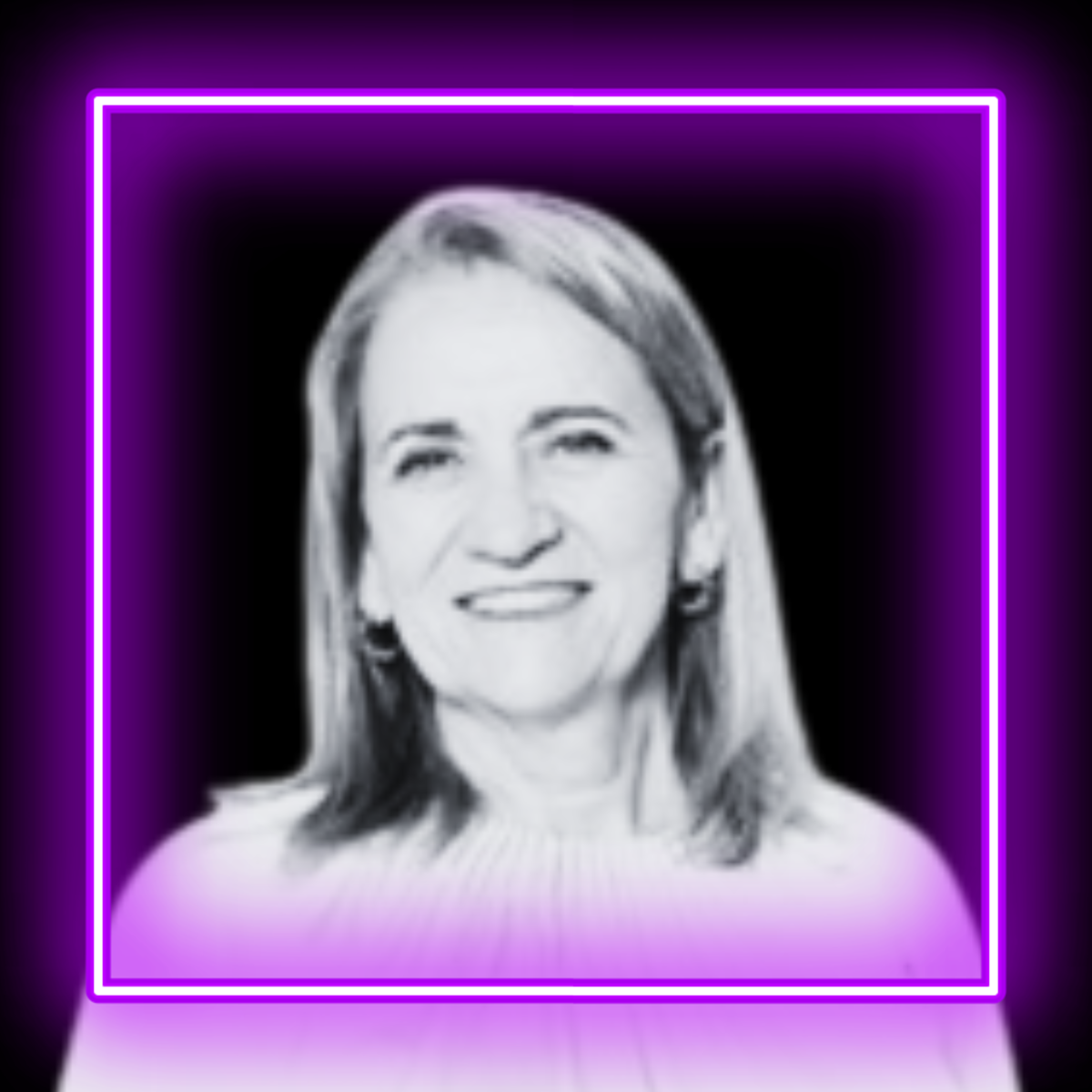Maria Jose Alonso - Professor of Pharmacy and Pharmaceutical Technology at University of Santiago de Compostela
Maria Jose Alonso - Professor of Pharmacy and Pharmaceutical Technology at University of Santiago de Compostela
Biography
María José Alonso is a Professor of Pharmaceutical Technology at the University of Santiago de Compostela, Spain. Her laboratory has pioneered numerous discoveries in the field of nanomedicine, particularly in vaccination, transmucosal drug delivery, and precision medicine in oncology. She has coordinated scientific consortia funded by the WHO, the Gates Foundation, and the European Commission, and has authored more than 326 scientific publications, with an H-index of 108. María José is the inventor of 26 patent families, most of which have been licensed to industry, and has participated in three start-up ventures. She was ranked among the TOP TEN in Pharmacology (Times Higher Education international ranking, 2010) and featured in the “Power List” of the most influential researchers in Biopharmaceuticals (The Medicine Maker). She has mentored over 100 PhD students and postdoctoral researchers, most of whom have secured positions in academia or industry, maintaining a strong collaborative network. María José has held senior leadership roles, including Vice-Rector for Research and Innovation, Trustee of the Spanish Research Council, and Adviser to the Ministries of Science and Innovation and Health. She is currently a member of the Council of the Spanish Agency for Research and of the Strategic Committee of the Spanish Research Council (CSIC). She served as President of the Controlled Release Society (CRS) in 2018–2019 and is Editor-in-Chief of Drug Delivery and Translational Research, an official journal of the CRS. She also serves on the editorial boards of 12 scientific journals. Her contributions have been recognized with more than 50 awards, including the “National Research Award” (the highest scientific distinction awarded by the Spanish Government), the Jaume I Award, and the Founders, WIS, and Outstanding Service Awards from the CRS. She is a member of five Academies in Spain, as well as the Royal Academy of Medicine of Belgium, the Academy of Pharmacy and Biochemistry of Argentina, and the U.S. National Academy of Medicine (NAM). She has also been awarded an honorary doctorate (Doctor Honoris Causa) by the University of Nottingham.
Interview
NanoSphere: Tell us a bit about yourself—your background, journey, and what led you to where you are today.
Maria Jose: During my PhD, I discovered that I was a challenger, always seeking solutions to problems. I did not carefully plan my career; instead, I embraced the challenges and opportunities that came my way. This mindset led me to France, where I worked with Prof. Couvreur, and later to the United States, collaborating with Prof. Langer. Both experiences opened an incredible range of opportunities for me. I chose to return to Spain, seeing it as a chance to contribute to the country's scientific growth in the 1990s.
My ambition was to become a principal investigator (PI), train PhD students, and pursue research with a strong translational focus. I have greatly enjoyed being surrounded by an outstanding team and collaborating with scientists from around the world. Looking back, I can proudly say that I have gone far beyond my initial ambitions.
My ambition was to become a principal investigator (PI), train PhD students, and pursue research with a strong translational focus. I have greatly enjoyed being surrounded by an outstanding team and collaborating with scientists from around the world. Looking back, I can proudly say that I have gone far beyond my initial ambitions.
NanoSphere: Your research has advanced the frontiers of nanomedicine in areas ranging from transmucosal drug delivery to intracellular targeting in oncology for the last few decades. Which breakthrough moment or project do you feel best captures your vision of “science with social impact”? What were some of the most surprising or insightful lessons you encountered while transitioning your research from the lab to real-world applications—particularly through tech transfer collaborations with companies like Eli Lilly, Alnylam, Quantum Biosciences, and ultimately in founding Libera Bio?
Maria Jose: Throughout my career, I have always dreamed of my research having a social impact. However, there were two particularly special moments that stand out. The first was something I had been striving for: realizing that most oncoproteins are located intracellularly and, because of this, often remain untargeted. I thought that by using nanoparticles capable of loading monoclonal antibodies, we could deliver them close to their targets and potentially treat cancer diseases that had remained out of reach.This lead to the foundation of the company “Libera Bio”. The second moment came during the pandemic, when I was working on RNA-based nasal vaccines against COVID-19. By chance — but also as a result of decades of work — we discovered a medical device capable of preventing viral infections. This led to the founding of a company, Smart Vitamins, which I co-founded. Another important line of research I began in the early 2000s was the delivery of polynucleotides. Initially, I approached this increasingly popular field with some caution. However, during the pandemic, I realized that our technology could be competitive with lipid nanoparticles (LNPs). This insight led to collaborations with several companies, and we are now exploring the possibility of spinning off this knowledge into a new venture from the university.
NanoSphere: As someone who has consistently championed young scientists, how do you view your role as a mentor today? What values or habits do you most hope to instill in the next generation of innovators? Your active engagement in the scientific community—whether as Editor-in-Chief, global collaborator, speaker or simply sharing over LinkedIn—often balances deep expertise with clear communication. How do you see the role of public visibility and storytelling in science evolving, especially in an age of misinformation?
Maria Jose: Today, I dedicate a significant amount of time to mentoring PhD students, postdoctoral researchers, and early-career principal investigators. I find this activity extremely rewarding. I encourage them to pursue research that is meaningful for our society, and notably, for our patients. I strive to help them find their own path, identify what they truly love doing, and go for it. I support them in being ambitious and determined, fostering self-trust and honesty — both with others and with themselves. A great number of my fellows have gone on to start their own companies or have taken on leadership roles in the industrial sector. I firmly believe that communication is an essential skill for building networks and promoting collective intelligence. My own network began through my affiliation with the CRS and was greatly supported by my mentors, Robert Langer and Patrick Couvreur. Although I am not very active on social media (I mainly use LinkedIn), I do dedicate time to reaching out to young students and the broader public. Today, public visibility is crucial to counteract misinformation.
NanoSphere: If there’s one key message or insight you’d like to share with readers about the future of nanomedicine, what would it be?
Maria Jose: In my view, the immediate future of nanomedicine lies in precision therapies, cell therapies, and the formulation of biological drugs, enabling them to overcome biological barriers and effectively reach their intended targets. This is already establishing a new paradigm in the way we approach disease treatment. Advanced therapies and vaccines are ushering in a new era in medicine.
Maria Jose: In my view, the immediate future of nanomedicine lies in precision therapies, cell therapies, and the formulation of biological drugs, enabling them to overcome biological barriers and effectively reach their intended targets. This is already establishing a new paradigm in the way we approach disease treatment. Advanced therapies and vaccines are ushering in a new era in medicine.
Maria Jose`s references:

